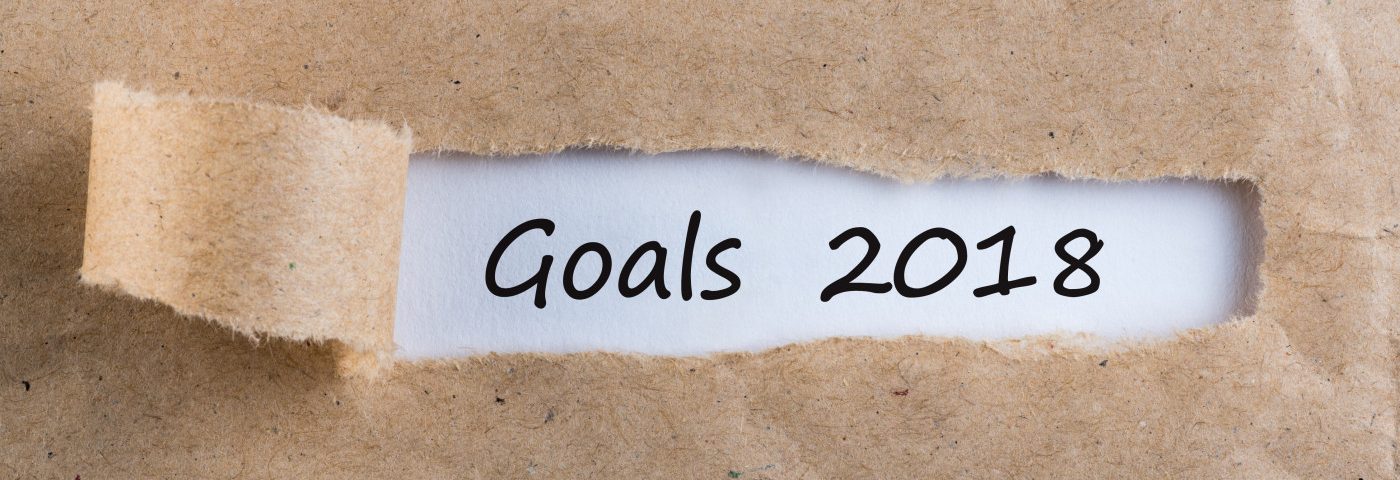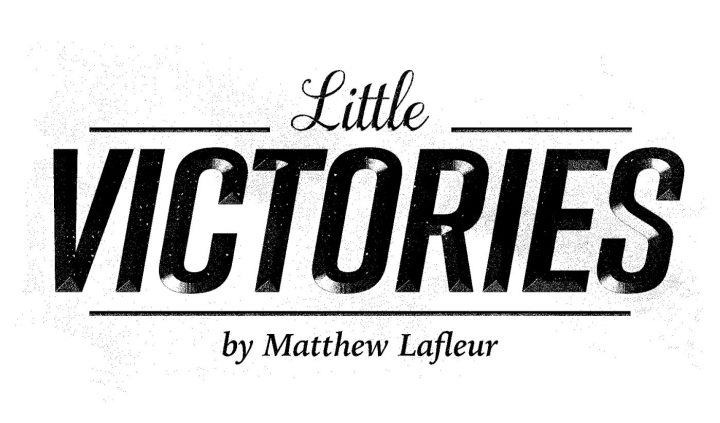Learning to Live in the Present

“What’s next for me?” I remember asking my friend, sitting across the table from me at a popular and kitschy restaurant. My friend was used to me being melodramatic; the brutal somberness I’d conjured was juxtaposed by the checkered green tablecloth on which I leaned my elbow, an example of the fun and boisterous atmosphere of the place.
As I asked this, my elbow fidgeted, causing me to lose my balance and fumble on the tabletop. I caught myself before I face planted on the table and spilled my glass of water. I sighed. This scenario was becoming more and more frequent.
It was winter 2004, and I had grown accustomed to the independence of college life — living in my own apartment and taking charge of what I ate, when I slept, and when I scheduled my classes.
I’d transitioned to a wheelchair for the first time a few months earlier, but I only used my loud, clunky power wheelchair to get around campus. Around my apartment and everywhere else, I depended on holding onto walls or my friends for stability when getting around.
I firmly believed that using a wheelchair sparsely, and doing all I could to avoid using it or displaying any other markers of disability was heroic. That I was not succumbing to my disability.
There is some truth in that, to be sure. In some situations, holding on to physical independence is a worthy and noble goal.
But trying to ignore my disability as it was progressing rapidly weighed down on me. My independent nature was not a comfort, but a heavy chain I was dragging around. I was tired of it, and at the same time unwilling to accept help — which, at the time, I viewed as a weakness.
I felt stuck in a losing battle. My freedom from a wheelchair was inevitably fleeting. My beliefs about life fueled my unwillingness to let go of independence. The perfect scenario for me was one in which I was totally able, totally self-reliant, and, therefore, totally happy.
I was frantic and confused as I realized my paradise was burning.
So, again I asked my friend across the table the question that was haunting me: “What do I do now?”
He took a swig of his complimentary glass of water mixed with lemons provided at no cost by the restaurant. (Rigged lemonade is ideal for cheap college students.)
Then he said something that still rings true to me: “Sometimes where you’re going is more important than how you get there.”
I was so caught up in the struggle of maintaining independence in my day-to-day activities that I didn’t think much beyond that. I wasn’t facing existential questions such as where my life was heading, and what kind of person I wanted to be. I simply wanted to get to my next class and not draw much attention to myself in doing so.
When facing FA or any debilitating disorder, it’s easy to entwine our own physical abilities with idyllic goals, and see no difference between the two. I know, because I still do that. But if my utopia is based on my physical ability, I need to change it; it deserves to burn.
I needed to refocus and set my sights on the destination, and not on how I get there.
But I didn’t know how to do that. What is my goal?
I wish I could say that I don’t care about what I can or cannot do; that I am totally fine with being unable to do many things on my own.
But honestly, I’m not there yet. My goal is still wrapped up in my own abilities. I want to be as independent as I can.
Coping with a debilitating disorder makes doing things on my own precious. So, rather than a black-and-white situation, I’m learning that everyone’s set goals tend to be fuzzy and gray. Sometimes a goal is selfish. Sometimes strength is only stubbornness.
I’ve found what I can do, the only thing I can do: I can keep on going. I’ll try to focus less on what I can do, and more on what I hope to be to others.
When my idea of perfection faded and left me with ashes, I was left with two choices. I could either cling to scraps of my goal and be mad at myself and bitter for not being independent. Or, I could stop focusing on how I get to the goal and focus instead on what kind of goal I want. When life hands you complimentary water and lemons, make free lemonade. Or something like that.
***
Friedreich’s Ataxia News is strictly a news and information website about the disease. It does not provide medical advice, diagnosis or treatment. This content is not intended to be a substitute for professional medical advice, diagnosis, or treatment. Always seek the advice of your physician or another qualified health provider with any questions you may have regarding a medical condition. Never disregard professional medical advice or delay in seeking it because of something you have read on this website.








Leave a comment
Fill in the required fields to post. Your email address will not be published.